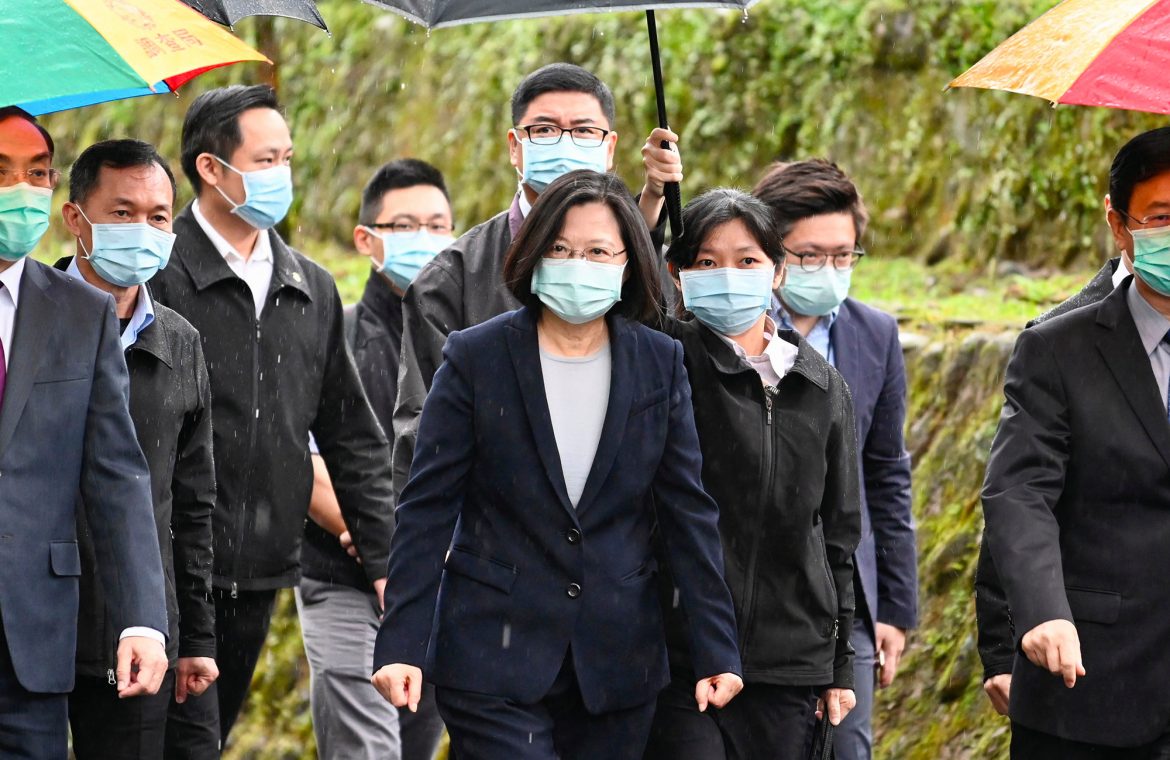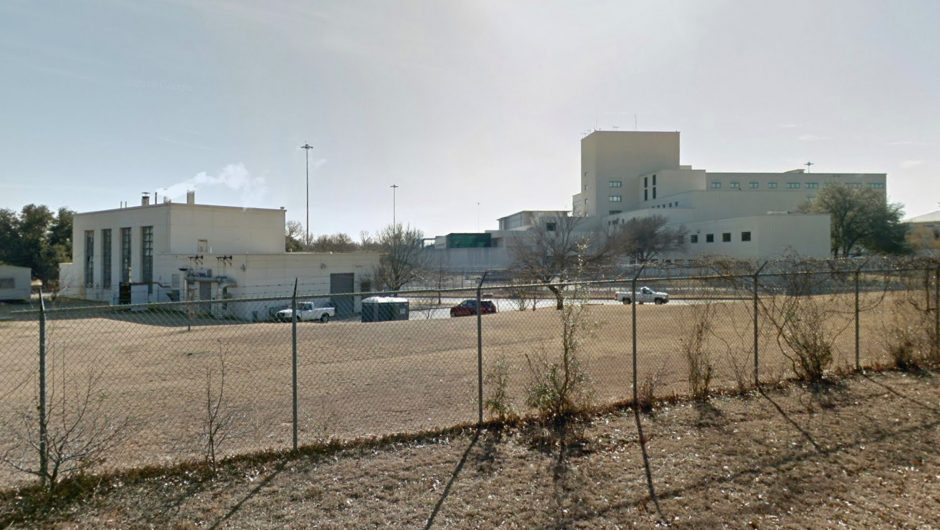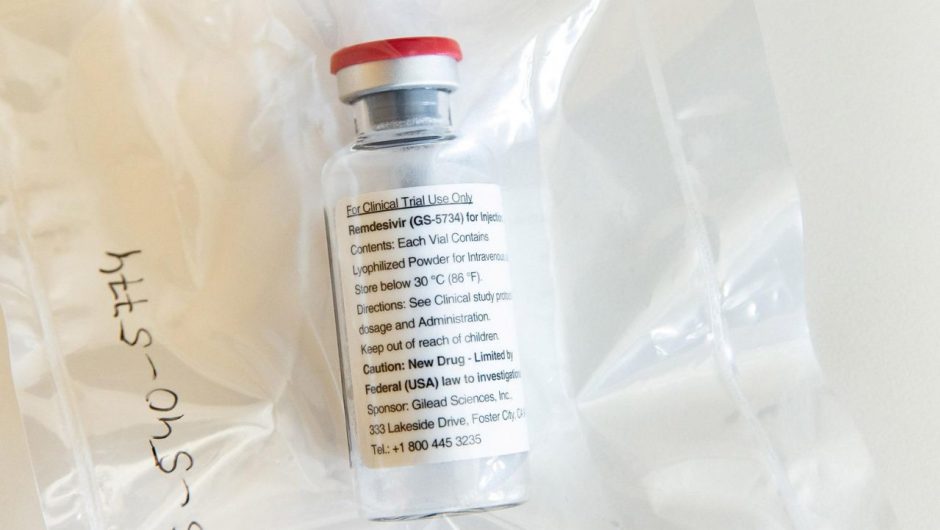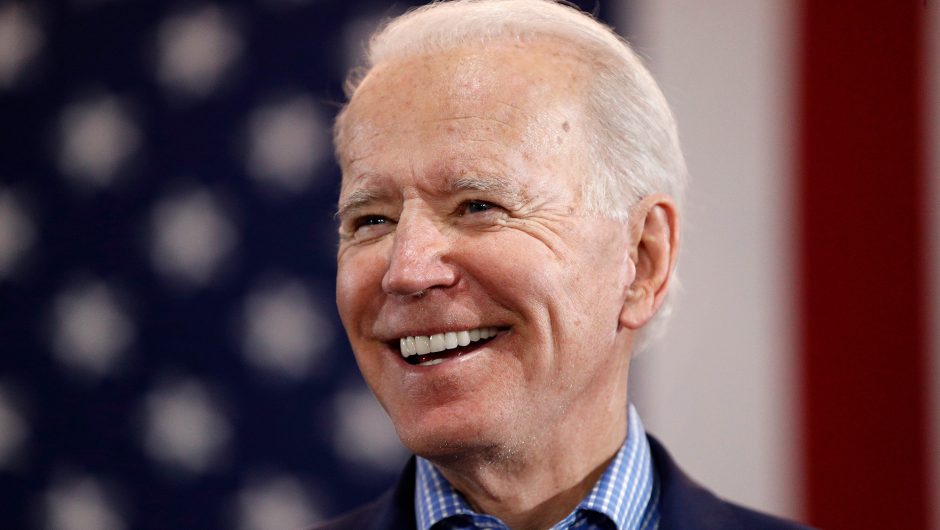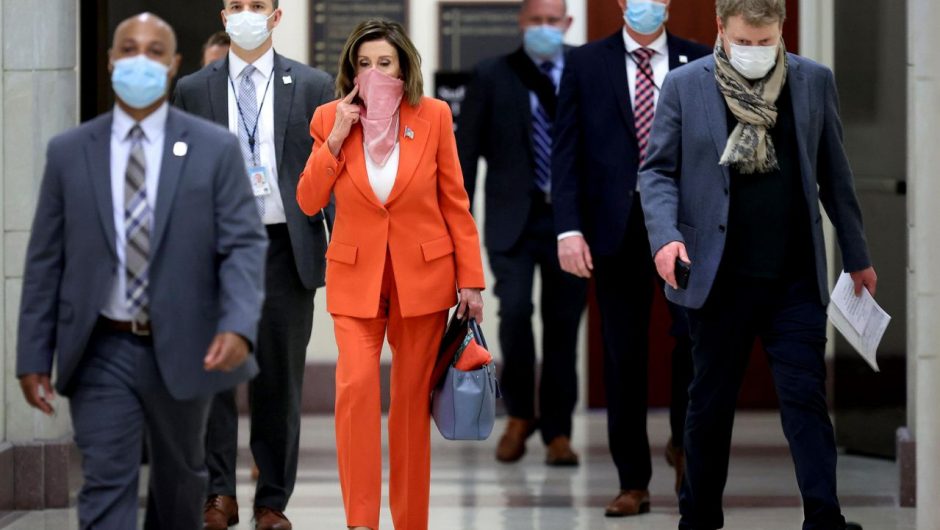What will the new normal look like when the lockdown finally ends? If it’s anything like Taiwan, it will be a lot less social and a lot more authoritarian.
Taiwan was one of the few places in the world that didn’t go into lockdown and kept its economy running and citizens working while only recording six deaths out of 400 coronavirus cases.
But it made some immediate and, for the time being, permanent adjustments that could hold the key to what our future will look like in the age of the coronavirus.
While major international airports in the United States are still not temperature checking visitors to our country — and then losing track of them once they exit the airport — Taiwan is the polar opposite.
All international arrivals to the island have their temperature checked and, according to NBCNews, they have to turn over their cell phones so health authorities can record and track them using the GPS signals. And everyone has to make sure they’re quarantined for 14 days. If they can’t track your phone — maybe you have bad reception or your battery dies — expect a visit from the police.
If you don’t answer your phone when the authorities call, text message will be sent that read, “Please return home immediately. Violations of home isolation/home quarantine regulations will result in fines and mandatory placement. The Central Epidemic Command Center cares about you.”
Convenience store employees wear face masks to protect against the spread of coronavirus in Taipei, Taiwan.AP
Fines for disobeying run from $3,333 to $333,333.
Once out of the airport, people must take special “epidemic-prevention taxis” to a quarantine facility.
Meanwhile, most buildings and offices in the Chinese-run state take the temperature of everyone going in and out — if someone has a fever, the government is notified.
In large buildings, visitors have to leave their names, phone numbers and where they’re going so that if there is an outbreak, they can track it faster, according to NBC.
Children have their temperature taken at school and are sent to the hospital if they have a fever.
As for restaurants — they are constantly sanitized, customers are told to wash their hands and avoid talking to one another and, NBC reports, some restaurants are blocking off some chairs to keep diners separated.
“Even before the epidemic, our staff wore masks and disinfected the tables at the end of the day,” Chen Bo-wei, a Taiwanese restaurant manager told NBC. “But now we wipe the tables and other common areas, such as the bathrooms, whenever we have time.”
The country has stockpiled face masks (which are worn at all times) and hand sanitizers — which are dispensed practically everywhere.
Disturbingly, almost everyone is tracked.
Taiwan’s borough chiefs are tasked with making calls twice a day to people in their jurisdiction to make sure they’re staying home, according to NBC.
And just because you can go out when you want or for work, the Taiwanese still socially distance and there are no concerts or large sports gatherings where there are more than 100 people indoors or 150 people outdoors.


